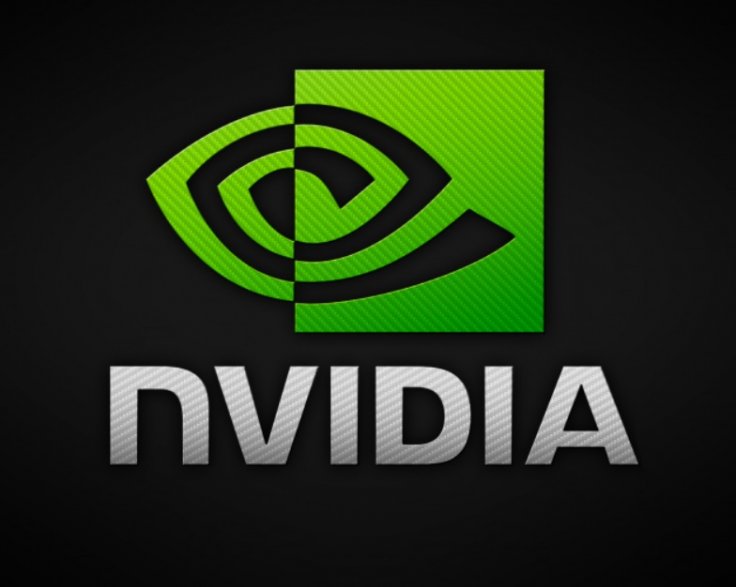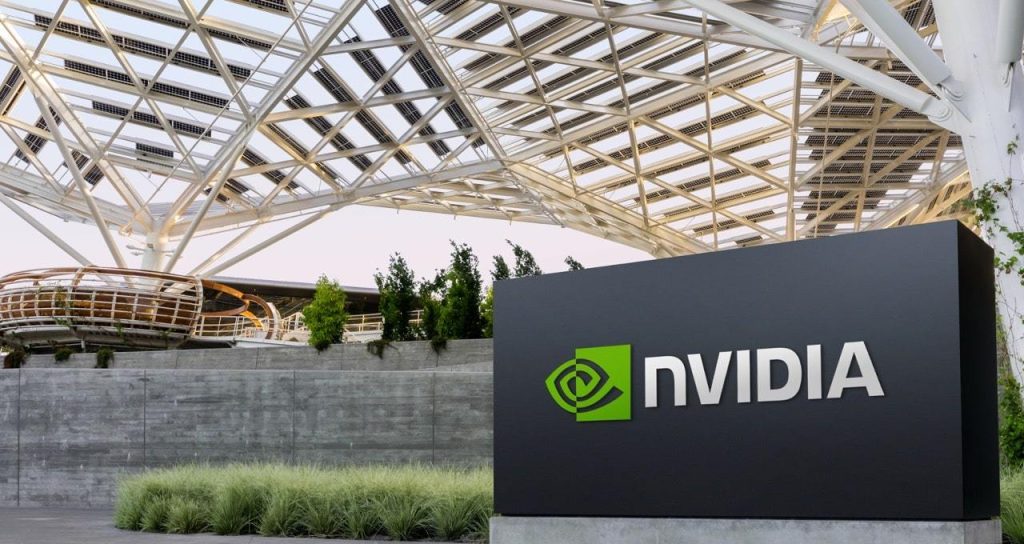China has raised fresh concerns over potential security vulnerabilities in Nvidia’s H20 artificial intelligence chip, increasing tensions between Washington and Beijing in the high-stakes semiconductor race. The Cyberspace Administration of China (CAC) said it summoned Nvidia officials on Thursday to clarify whether the chip contains any backdoor features that could threaten national security or infringe on data privacy.

X
This development comes shortly after the U.S. reversed an earlier ban, allowing Nvidia to resume sales of the H20 chip in China. The chip was specially designed to comply with U.S. export controls targeting advanced AI technologies.
The CAC’s move appears partly in response to a U.S. legislative push for mandatory tracking features in exported AI chips. In May, U.S. Senator Tom Cotton proposed a bill mandating chips sold abroad to include location verification, which China sees as a surveillance risk.
Nvidia, which did not respond to Reuters’ request for comment, remains under scrutiny in China. The chipmaker is also being investigated for potential antitrust violations and for not meeting obligations tied to its 2020 acquisition of Mellanox Technologies.
Despite these challenges, demand for Nvidia’s AI chips in China remains strong. The company recently placed a large order with Taiwan’s TSMC for 300,000 H20 chipsets. Its products are widely used not only by Chinese tech firms but also by state-backed institutions and military bodies.
Analysts suggest China’s warning may be more symbolic than punitive. Charlie Chai of 86Research noted that while Beijing is asserting its position, it’s unlikely to impose harsh restrictions that would push Nvidia out entirely, given the limited availability of domestic alternatives.
The situation highlights the fragile state of U.S.-China tech relations. A year ago, China banned some operators from using Micron chips, citing security risks. Similar concerns have been raised against Intel, though without regulatory action.
Nvidia’s future in China hangs in the balance as geopolitical, regulatory, and commercial pressures converge in the ongoing chip war.
(With Inputs from agencies)

